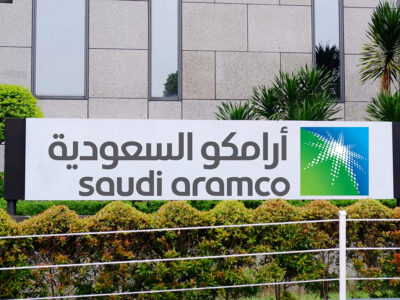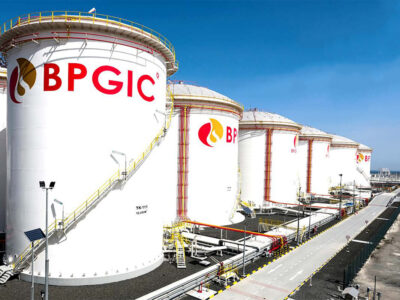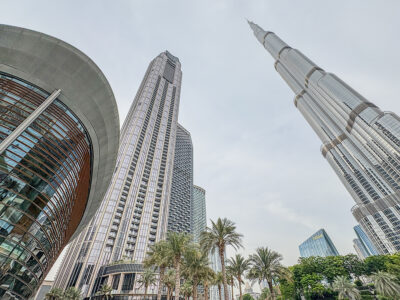Kuwait’s revenue from oil exports dropped 55 percent in the first quarter from the year-earlier period as oil prices tumbled, while state expenditure soared 163 percent, official data showed.
Like its neighbours in the world’s biggest oil-exporting region, OPEC member Kuwait relies heavily on income from crude oil exports to keep its public finances in balance and has taken a double hit from weaker oil prices and crude output cuts.
The Organisation of the Petroleum Exporting Countries has pledged to cut 4.2 million barrels per day, around a fifth of global supply, from last September’s output levels to shore up prices.
The world’s fourth-largest oil exporter earned KD2.3bn ($8bn) from oil exports in the first three months of 2009 compared with KD5.1bn a year earlier, the central bank said in a quarterly bulletin on its website.
Its oil export revenues accounted for 89.5 percent of total revenues in the first quarter, the data showed.
Gulf states, including Saudi Arabia, accumulated massive surpluses as oil prices rallied in recent years to a peak of almost $150 a barrel last July.
But crude prices slumped to the mid-$30 a barrel range earlier this year, drastically cutting potential Gulf state revenues for this year and prompting most to pursue deficit spending to support their economies through the global downturn.
Kuwait’s total public expenditures of KD6.31bn in the first three months of the year compared with 2.4 billion dinars in the first quarter of 2008, and were almost double expenditure levels in the fourth quarter, the data showed.
The central bank said “miscellaneous expenditures and transfer payments” rose more than five-fold to KD4.23 bn in the first quarter. It did not give details.
Oil exports from Kuwait – which account for 90 percent of total exports – fell 56.3 percent to KD2.46bn in the first quarter, the central bank said.
Imports also fell 17.8 percent to KD1.42bn.
Saudi Arabia, the world’s top oil exporter, said last week it had more than doubled capital spending on development projects in the first quarter to spur the non-oil sector.
Oil prices have recovered to more than $60 a barrel this month – a level that, if sustained, would enable most Gulf states to more or less balance their budgets. (Reuters)







